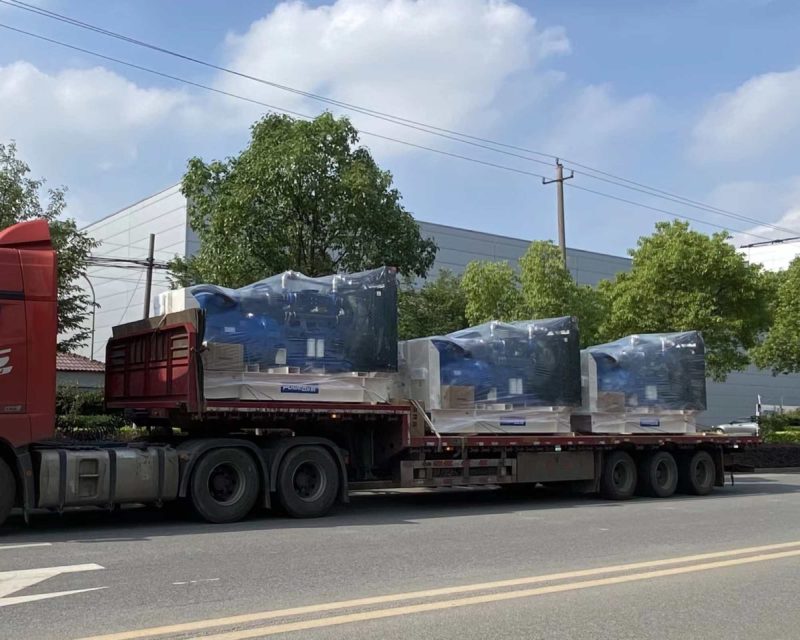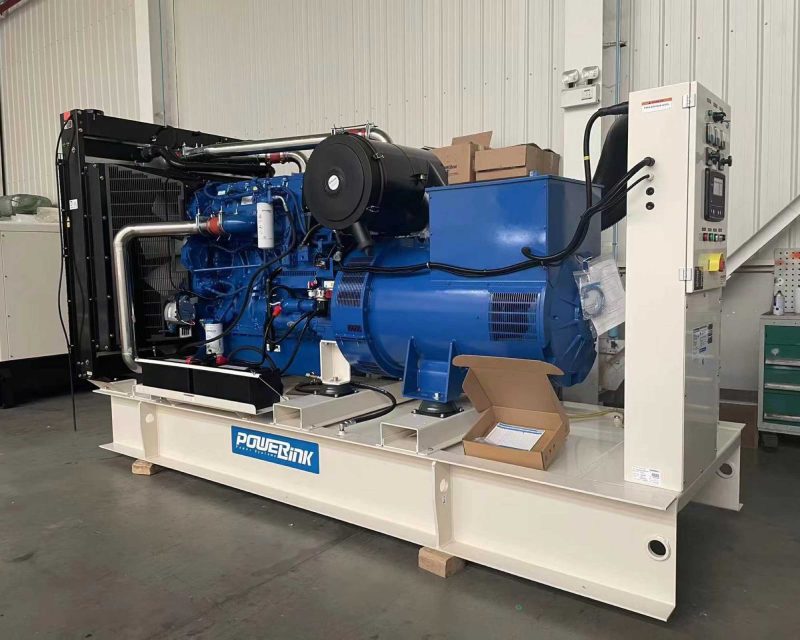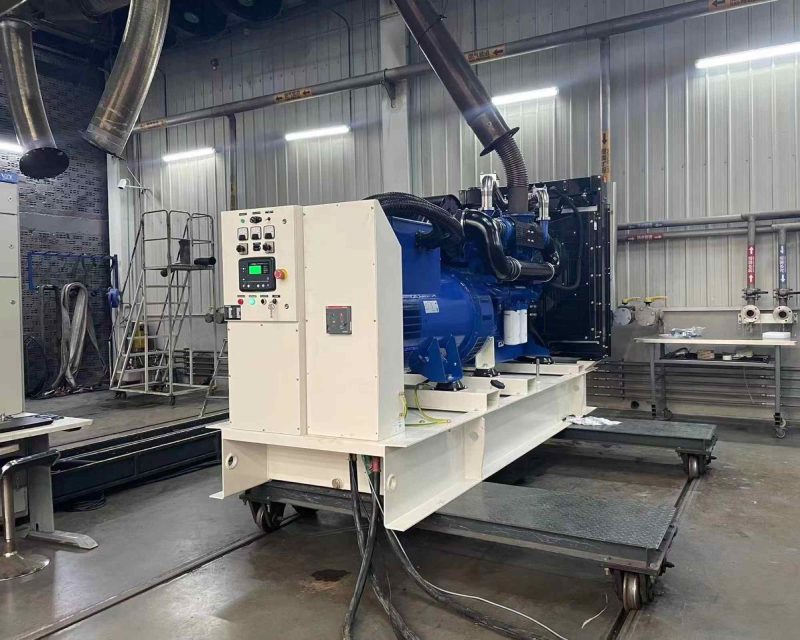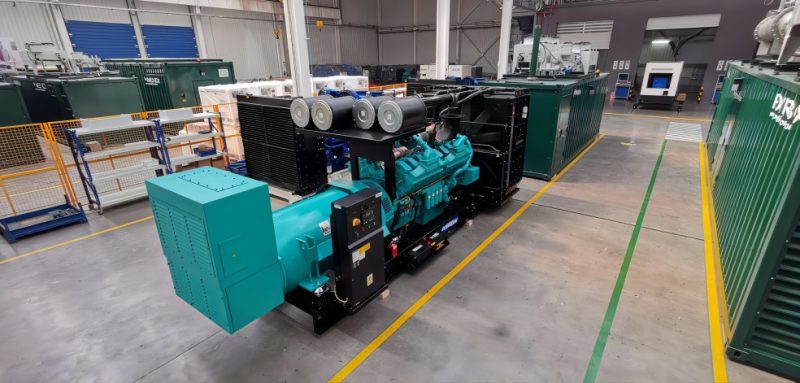Other Common Questions About Diesel Generator Problems
What are the most common diesel generator issues?
One common problem is running out of fuel. The fuel filter can become clogged with sludge, or the fuel gauge might be stuck, leading to fuel depletion without your knowledge.
What causes diesel generators to leak oil?
Diesel generator oil leaks can be caused by damaged fuel lines, dry carburetor bowl gaskets, faulty pipes, a damaged fuel tank, or a malfunctioning shutoff valve. Other possible causes include damaged seals, incorrect component installation, lack of regular maintenance, or excessive temperatures due to poor ventilation.
How can I prevent oil leaks?
For minor leaks caused by cracks in the fuel tank or lines, use adhesive to seal the damaged areas. Clean and repair worn parts using standard repair adhesives, and address leaks at the diesel engine shaft, self-tightening seals, valves, and valve depressions.
How do I prevent overheating in my diesel generator?
To prevent overheating, install the generator in a well-ventilated and safe location, away from other heat sources. Use high-quality coolant and fuel, maintain proper coolant and oil levels, and avoid overloading the generator. If needed, replace it with a more powerful unit.
Why does my diesel generator shut down after running for a few minutes?
This issue may be caused by engine oil overheating due to insufficient cooling or blockages in the fuel or airlines. Check and address cooling and blockage issues to prevent the generator from shutting down.
How much does diesel generator repair cost?
Repair costs can vary widely depending on the extent of the repairs needed. For new equipment, prices can range from $1,000 to $10,000. Simple repairs or part replacements typically cost less than $500, depending on the specific model and parts required.
What is the typical lifespan of a diesel generator?
The lifespan of a diesel generator depends on factors like usage frequency and storage conditions. Most generators last between 10 to 15 years under normal operating conditions before requiring significant maintenance.
How often should I perform maintenance on my generator?
Regular maintenance is vital for reliable operation. Follow the manufacturer’s maintenance schedule, typically based on operating hours, and perform basic tasks such as changing oil and filters as needed.
What are the signs that my generator needs maintenance?
Signs of maintenance needs include decreased performance, unusual noises, or difficulty starting. Perform routine checks and address any issues promptly to keep your generator in good working condition.



